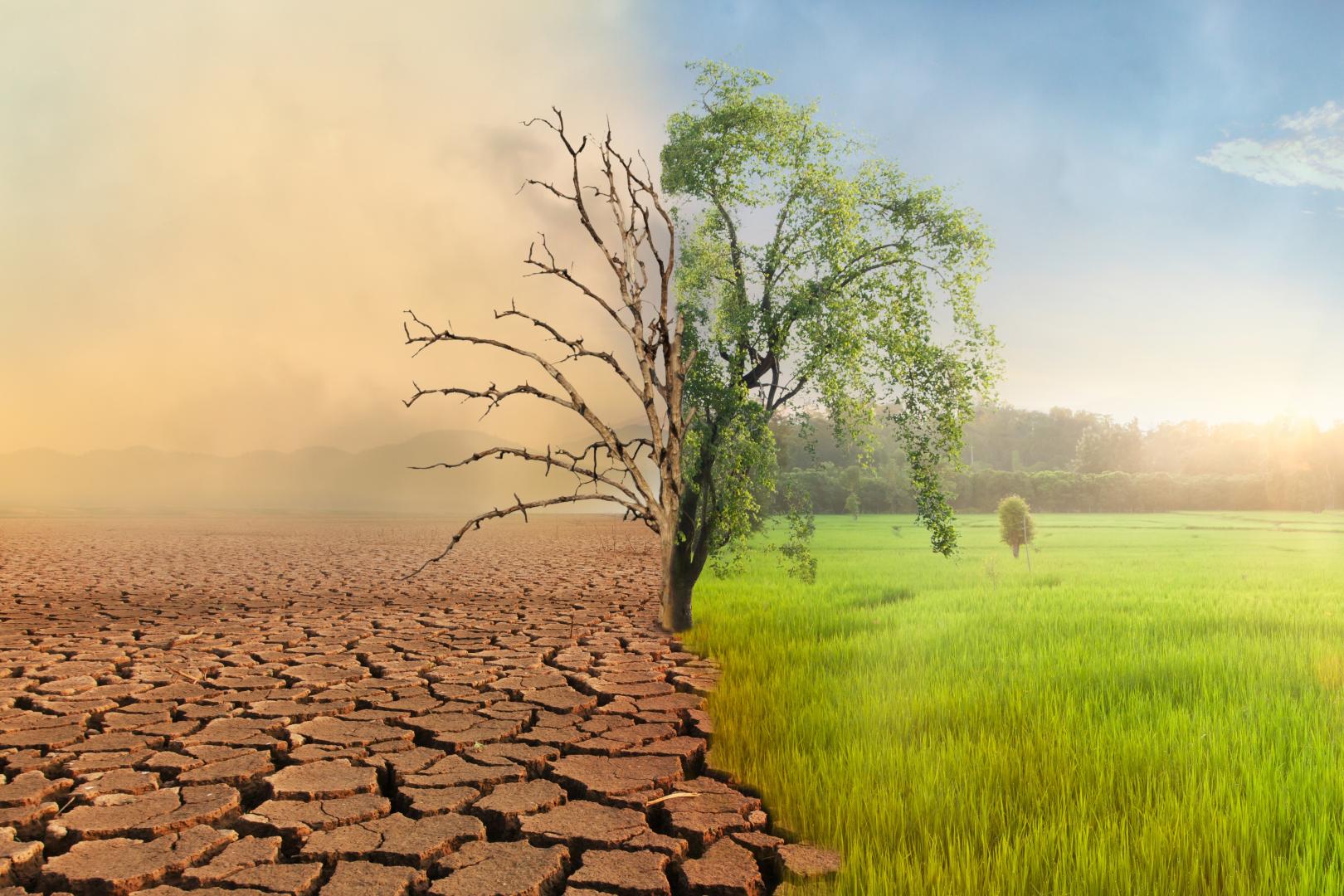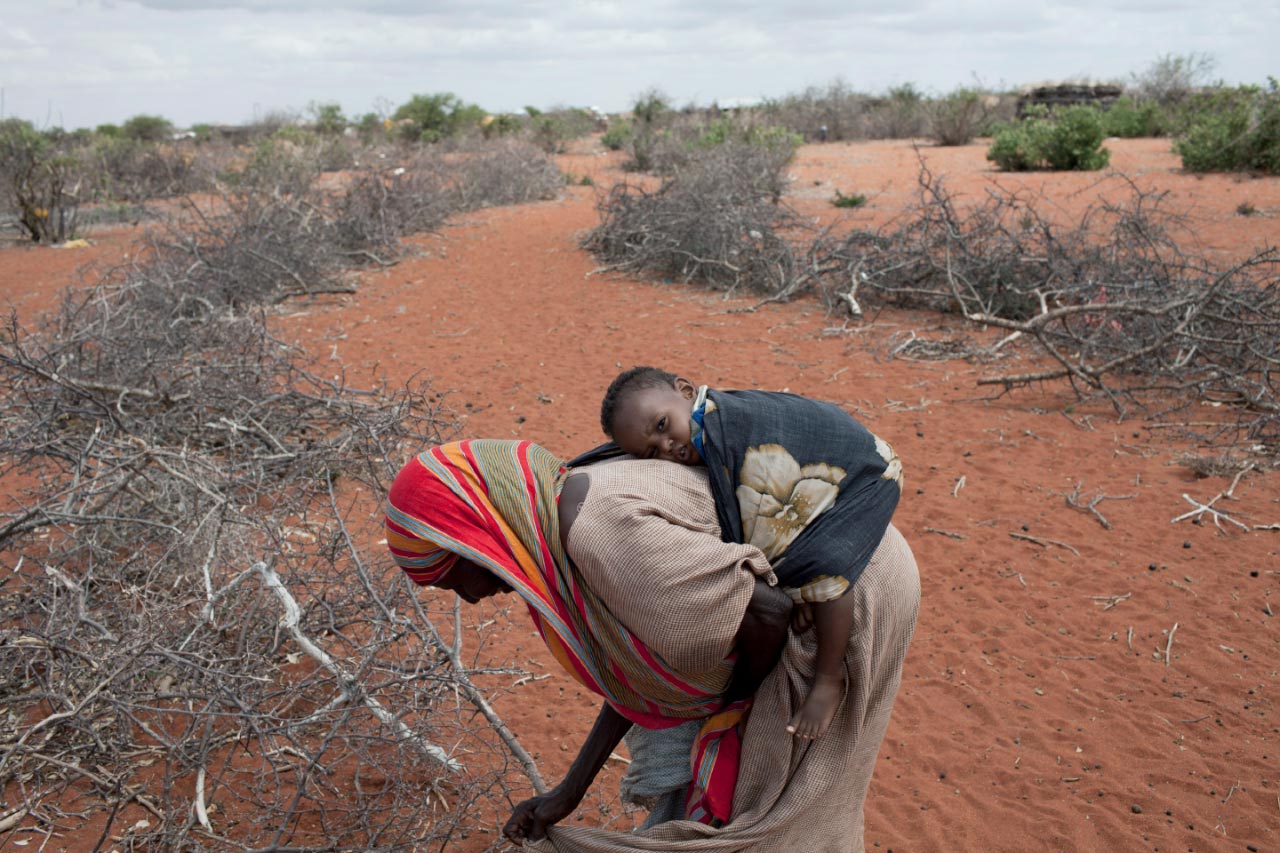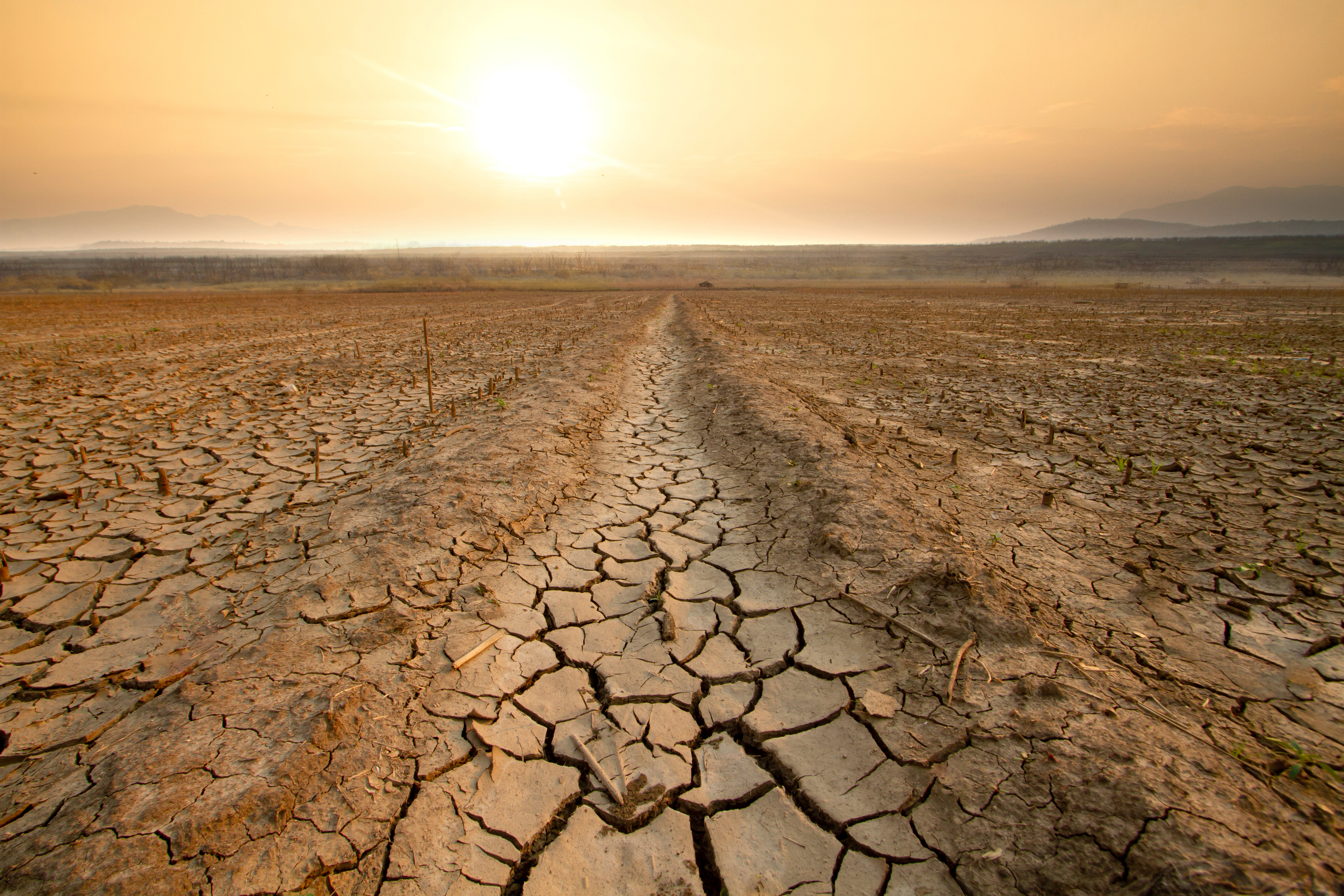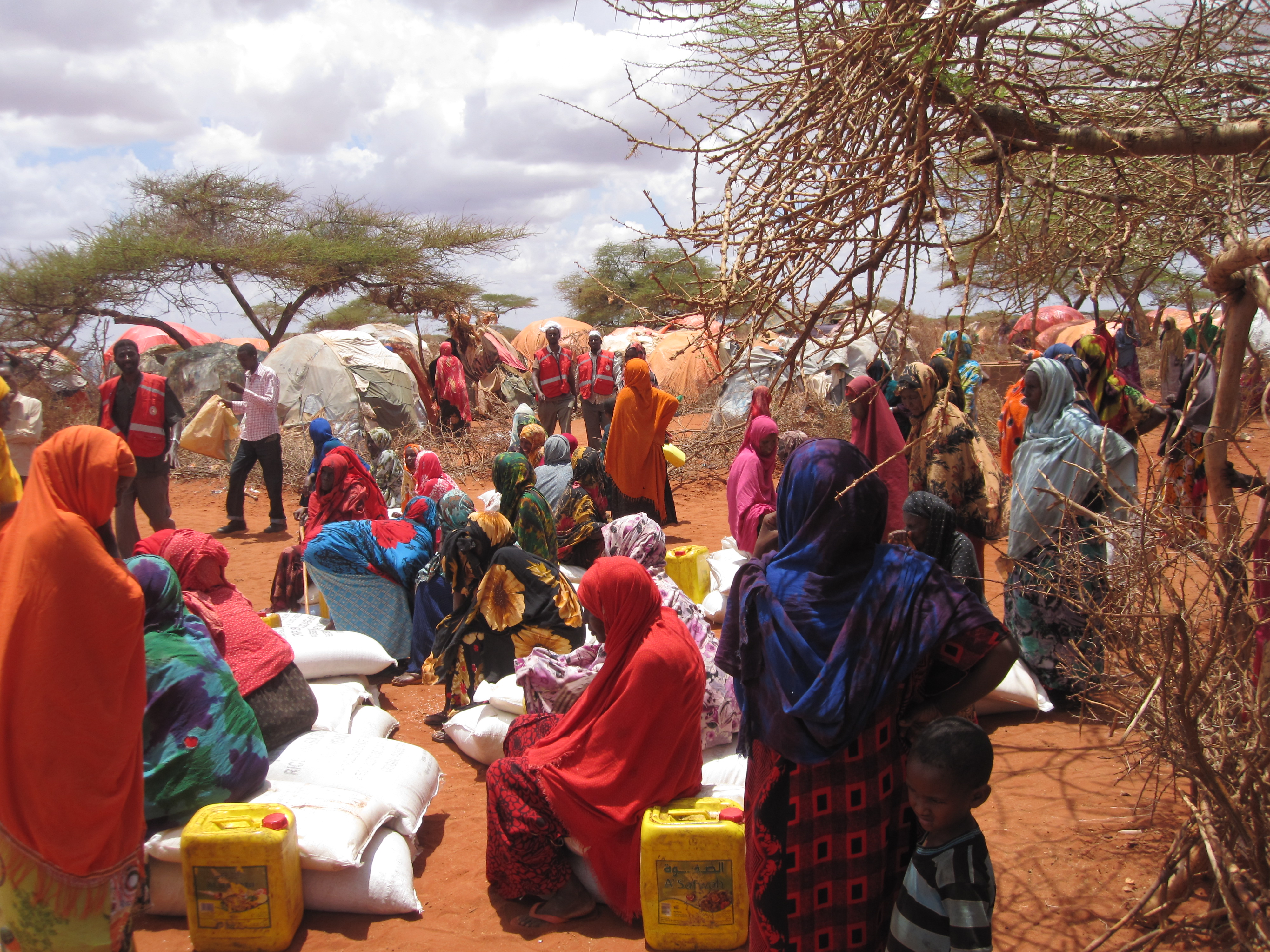
Climate Change and Humanitarian Emergencies

Climate Chage

ED work with vulnerable communities to build their resilience to climate change impacts and support their adaptation strategies. This include promoting community-based disaster risk reduction initiatives, strengthening early warning systems, and enhancing livelihood diversification to reduce vulnerability to climate-related shocks. In addition to this ED engage in advocacy efforts to raise awareness about the links between climate change and humanitarian crises, advocate for climate-resilient policies and practices, and promote the inclusion of climate change considerations in humanitarian response planning and programming. Capacity building initiatives for women, girls, youths, government agencies, local partners, and communities to improve their understanding of climate change impacts and response strategies is one of the area ED currently working.
ED is actively engaged in capacity-building initiatives for women, girls, youths, government agencies, local partners, and communities to enhance their understanding of climate change impacts and response strategies. By empowering these stakeholders with knowledge and skills, ED contributes to building resilience to climate change impacts and supports adaptation efforts within vulnerable communities.
Humanitarian Emergencies

Rapid Needs Assessment:
Conduct rapid assessments to identify the most pressing needs of affected populations in emergency situations. This involves deploying assessment teams to gather data on WASH conditions, shelter needs, food security, protection, health services, and other critical areas to inform response.WASH Interventions:
Implement WASH programs to provide access to clean water, sanitation facilities, and hygiene promotion activities in emergency settings. This includes water trucking, rehabilitation of water schemes, constructing latrines, distributing hygiene kits, conducting hygiene promotion sessions, and ensuring safe water supply systems.NFI Distribution:
Provide essential non-food items such as shelter materials, bed mats, blankets, cooking utensils, and other items to meet the immediate needs of displaced populations in emergencies. This involves setting up distribution points, coordinating logistics, and ensuring equitable access to NFIs for all affected women and other individuals.Shelter Assistance:
ED provide emergency shelter materials and support to displaced populations to construct temporary shelters, including tents, plastic bed mats/mushema/, and other shelter kits. Repair and rehabilitate damaged or destroyed homes and community structures to improve living conditions for affected populations.Medical Care and Health Services:
Distribute essential medical supplies, medications, and equipment to health facilities and communities to ensure access to life-saving healthcare services. We also conduct health education sessions and awareness campaigns on hygiene practices, disease prevention, and other health-related topics to promote healthy behaviors among affected populations.Protection Activities:
Monitor and assess protection risks faced by vulnerable populations, including women, children, elderly persons, persons with disabilities, and other marginalized groups. During emergency we establish referral mechanisms to connect survivors of violence, abuse, exploitation, or other protection concerns with appropriate support services, such as legal aid, psychosocial support, and safe spaces. ED also engage with local communities to strengthen community-based protection mechanisms and empower community members to identify and respond to protection risks within their own contexts.Psychosocial Support:
We provide psychosocial support services, including individual counseling, group therapy sessions, and mental health interventions to address trauma and emotional distress experienced by crisis-affected individuals. Based on the situation we facilitate the establishment of peer support networks and community-led psychosocial support groups to promote resilience and social cohesion among affected populations.Gender-Based Violence (GBV) Prevention and Response:
During emergencies we implement GBV prevention programs that focus on raising awareness about gender-based violence, promoting gender equality, and challenging harmful gender norms and stereotypes. We also establish GBV response mechanisms that provide survivors of GBV with access to medical care, psychosocial support, legal assistance, and safe accommodation.Emergency Response Coordination:
Coordinate with other humanitarian actors, government agencies, local authorities, and community-based organizations to ensure a coordinated and effective response to emergencies. This could involve participating in cluster coordination mechanisms, sharing information, and collaborating on response efforts to maximize impact and avoid duplication of services.Capacity Building and Training:
Provide training and capacity-building support to local communities, staff members, and partners to enhance their skills in emergency response, WASH programming, NFI distribution, protection and other relevant areas. This include training on emergency preparedness, response protocols, technical skills, and safety measures.Advocacy and Resource Mobilization:
Advocate for increased attention and resources for humanitarian emergencies at local, national, and international levels. This involve engaging with donors, policymakers, media outlets, and the public to raise awareness about the needs of crisis-affected populations and mobilize support for emergency response efforts.
By implementing these activities in humanitarian emergencies, we make a significant difference in providing life-saving assistance and support to vulnerable populations during crises. We believe our work would contribute to alleviating suffering, protecting lives, and promoting resilience in communities facing emergencies and disasters especially for women and children.